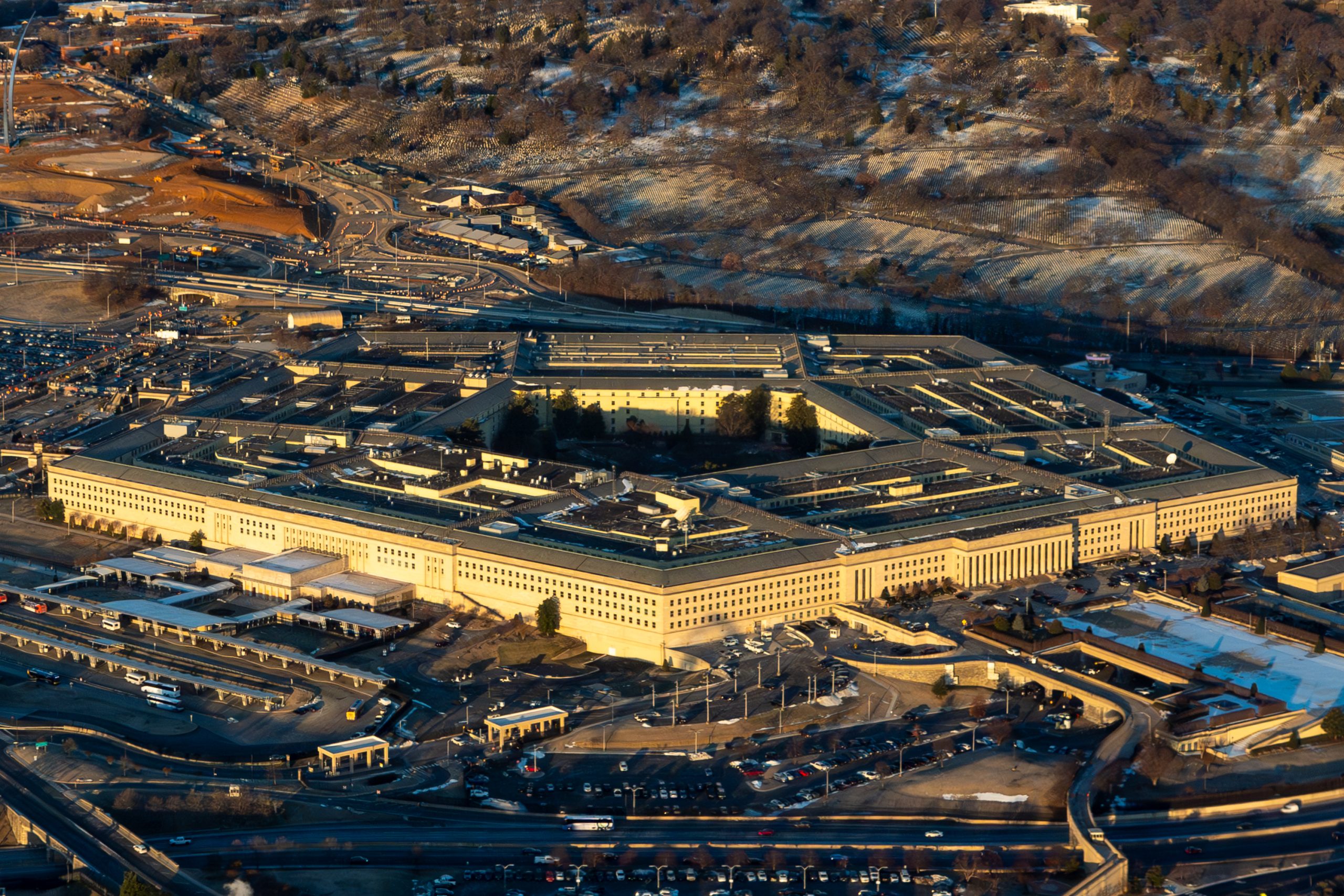President Donald Trump’s proposed renaming of the Department of Defense to the “Department of War” has ignited a firestorm of debate, raising questions about symbolism, practicality, and the limits of executive power. While the move, expected to take the form of an executive order, lacks the legal weight to effect an official change – requiring Congressional approval – it underscores a broader narrative about the Trump administration’s approach to national security and its relationship with the military.
The Semantics of Strength:
Trump’s justification for the name change centers on a perceived lack of strength and decisiveness in the current moniker. He has argued that “Department of War” sounds more powerful, invoking a history of American military victories. This echoes a broader rhetorical strategy employed by Trump throughout his presidency, emphasizing strength and decisive action in foreign policy. The choice of language, however, is not without its critics. Many argue that the term “Department of Defense” reflects a more nuanced understanding of national security, encompassing diplomacy and strategic deterrence alongside military might. The shift, they contend, suggests a prioritization of military solutions over other approaches.
Practical and Financial Implications:
Beyond the semantic debate, the practical implications of such a name change are substantial. Rebranding the world’s largest government department, with bases and installations across the globe, would be an enormously expensive undertaking. Consider the Biden administration’s recent, albeit scaled-back, plan to rename nine Army bases honoring Confederate leaders. This initiative alone was projected to cost approximately $39 million. Extrapolating this to the Department of Defense, the cost of a complete rebranding could reach astronomical levels, raising questions about the allocation of taxpayer funds. Furthermore, the legal complexities of altering the department’s name without Congressional approval are considerable, potentially leading to protracted legal battles.
Political Signaling and Legacy:
The proposed name change is not solely about semantics or cost; it’s also a significant political maneuver. By attempting to circumvent Congress, Trump is flexing executive power and signaling his priorities. It’s a dramatic gesture aimed at bolstering his image as a strong leader, particularly within the military and among his core supporters. This action reflects a larger pattern of executive actions undertaken throughout Trump’s presidency, often challenging traditional checks and balances of power. Whether intended or not, the move also shapes his political legacy, reinforcing perceptions of his administration’s approach to national security and its emphasis on military strength.
Conclusion:
Trump’s push to rename the Department of Defense highlights the complex interplay between symbolism, practicality, and political maneuvering within the executive branch. While the immediate impact may be limited by the lack of Congressional approval, the symbolic weight of the proposed change and the underlying political motivations are significant. The attempt itself underscores the ongoing debate about the balance of power within the US government and the evolving narrative surrounding national security. The financial and logistical hurdles alone highlight the practicality of this symbolic gesture. The long-term consequences, both political and financial, remain to be seen.
Based on materials: Vox





